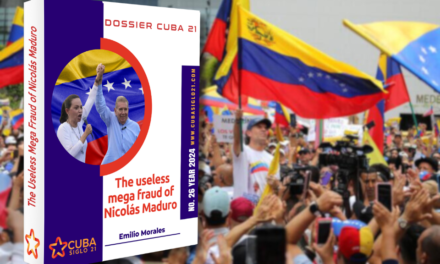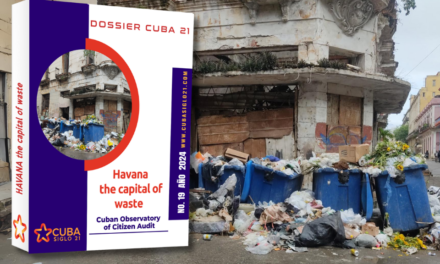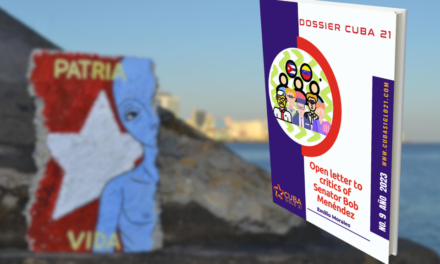Download complete pdf text with footnotes of this research
Emigration from Cuba before 1959 was virtually non-existent. The violent polarization that prevailed after 1959 created an uninterrupted flow of nationals abroad who settled in all regions of the world, although its main nucleus is in Florida, USA.
But that human conglomerate of millions of people, 64 years after Fidel Castro’s rose to power, continues to have an unfortunate singularity: it is made up of Cubans who are excluded from the island´s political and economic life and who can only travel to their native country with a special permit and for a limited time during each visit. Hundreds of thousands more are completely blocked from any access to the country of their birth.
Anyone who, from 1959 until the 2013 migration reform, wished to leave Cuba could only do so at the expense of having all their property confiscated by the state, after paying for their departure with forced labor in agriculture, or at the risk of losing their life if they tried to do so illegally.
But what Fidel Castro did not understand is that those he expelled from the national territory had not only financial capital of greater or lesser amount, but also human capital (knowledge, skills, talent) and social capital (useful relationships with people, companies, and institutions). With human and social capital still at their disposal, those Cubans rebuilt their finances and rose again like a Phoenix Bird. Today they are the material proof that another Cuba may be possible when there is full freedom to progress in the country.
The diaspora and the citizens in Cuba have great transformational power if they combine their forces in a coherent plan. Between them they have the sufficient initial financial, human, and social capital to take off on their own while attracting, without any need for submission or surrender, important foreign partners.
The Cuban Diaspora should become aware of its power and organize itself as such to speak as an independent actor and with a single voice. It must identify goals and demand radical changes to the current status quo. Its time has come. It must not allow spurious pro-Castro organizations, under the influence or direct control of the Cuban government, to continue to claim to represent it.
The already announced road map of Putin and Diaz Canel must be confronted with a sovereign road map of the Cuban transnational people towards an open, democratic society, with a market economy and under the rule of law. The country must be rescued from the new Russian colonial project that their local servants want to facilitate.
The Cuban diaspora -today still excluded- constitutes, together with the talent of Cubans on the island, the most reliable engine to initiate the take-off towards the free and prosperous Cuba we all deserve.







